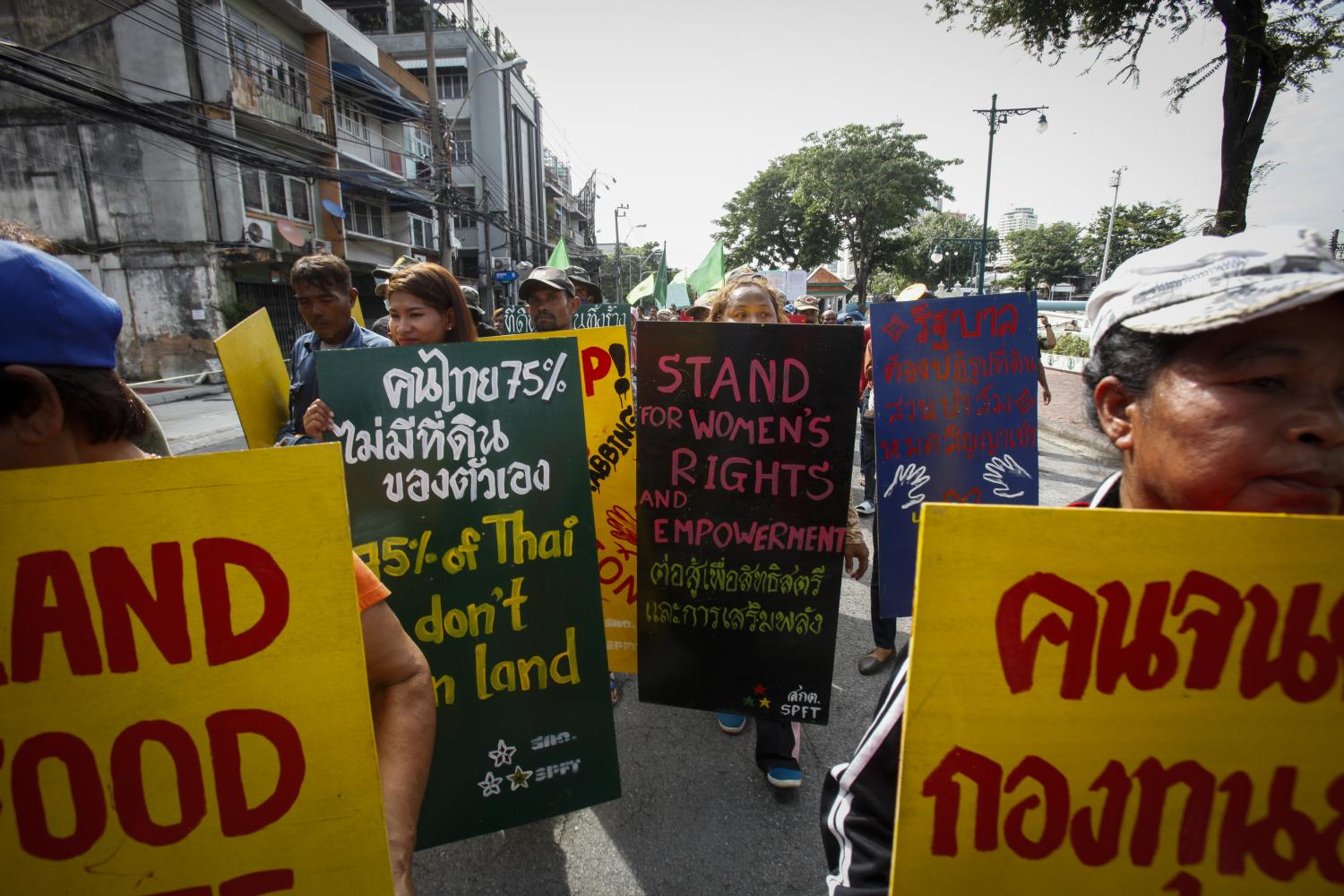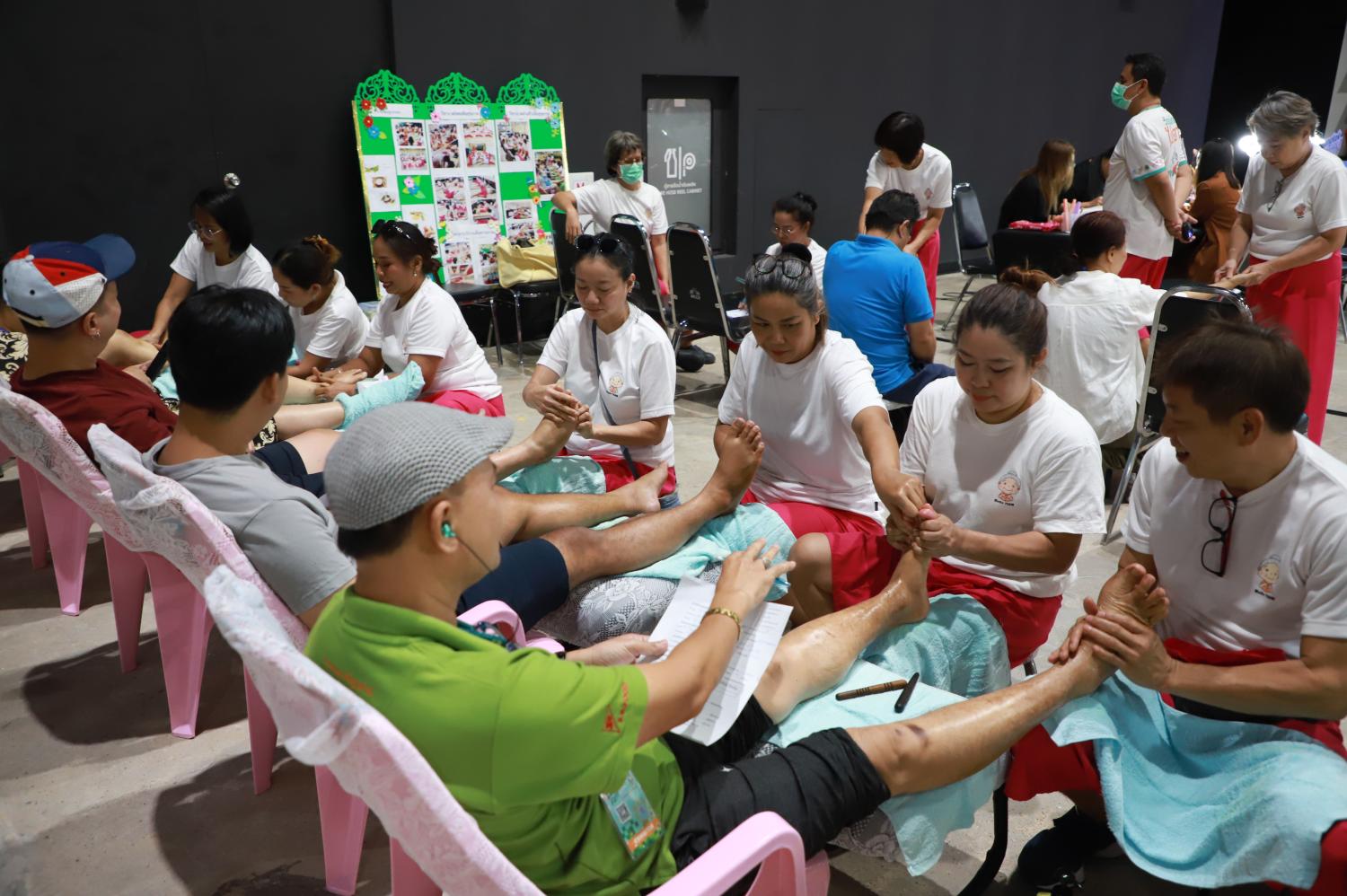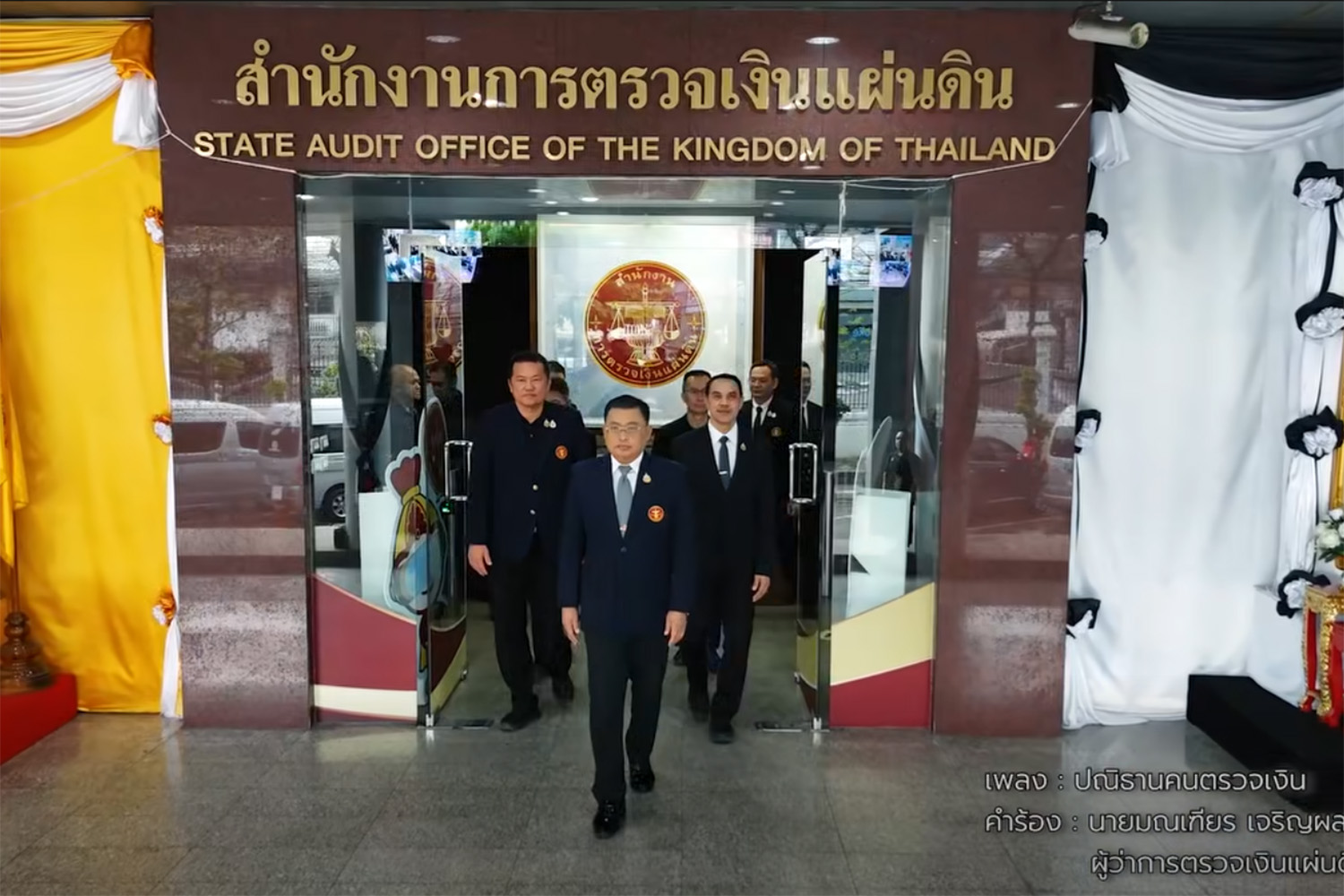Showing 1 - 10 of 10,000
Traditional media stages 2026 comeback
Business, Suchit Leesa-nguansuk, Published on 25/02/2026
» Thailand's media industry spending is expected to grow by 1.7% in 2026 to reach 87.3 billion baht, as brands shift from short-term performance marketing towards a more balanced, structurally driven growth strategy, according to media agency Media Intelligence Group (MI Group).
Buddhist principles urged to ease tensions
News, Jutamas Tadthiemrom, Published on 25/02/2026
» Amid renewed Thai–Cambodian tensions, scholars and civic leaders have called for the application of Buddhist principles to ease divisions, urging both societies to draw on their shared spiritual heritage as a foundation for dialogue and reconciliation.
Omnibus law sought to unlock investment
Business, Wichit Chantanusornsiri, Published on 25/02/2026
» The government is preparing to introduce an omnibus law to remove investment bottlenecks, with the hope of attracting 900 billion baht in actual investment this year from projects that have applied for investment promotion with the Board of Investment (BoI).
Demographics fuel Bangkok Life Assurance's growth drive
Business, Nuntawun Polkuamdee, Published on 25/02/2026
» Bangkok Life Assurance (BLA) expects Thailand's life insurance industry to maintain its growth momentum this year, supported by demographic tailwinds and regulatory flexibility, as the company prepares to increase its exposure to Thai equities and roll out a new long-term care product targeting age-related diseases.
Unlocking Thai competitiveness
Oped, Published on 25/02/2026
» Regulatory reform is an urgent priority in restoring growth to Thailand's emerging economy. Rigid rules and excessive red tape have become significant structural barriers to private sector development. Evidence from several key industries demonstrates that outdated, fragmented legislation continues to constrain competitiveness.
Fragile strength
Life, Suwitcha Chaiyong, Published on 25/02/2026
» Naraphat Sakarthornsap has been interested in flowers since he was a child. When he was a primary student, he spent a summer break at his aunt's house in Surin. He liked to look through his aunt's botany books and remember the names of the plants and flowers. When he went to market, people were surprised that he could recognise a plant like nom maeo.
GC Unleashes the Power of “IN” Igniting Innovation Through “GC Standout Through INnovation”
Published on 24/02/2026
» Bangkok: GC believes that being truly “IN” does not happen only when doing what we love, but when we genuinely believe in what we do. When we are all in, it is no longer just a duty, but a driving force from within, empowering us to think boldly and create something new. It is the starting point of commitment that unlocks potential and transforms ideas into tangible values.
Poll: Most Americans say Trump growing ‘erratic with age’
Published on 24/02/2026
» WASHINGTON — Six in ten Americans, including a significant proportion of Republicans, think President Donald Trump has become more erratic as he ages, according to a new Reuters/Ipsos poll.
The rise of the pet-first city
BitesizeBKK, Published on 24/02/2026
» We are beginning to see Bangkok rise as a pet-first city. In the age of rapid urbanization and economic fragility, more individuals and couples are raising four-legged friends not just as companions, but as family, and with the same attention and care you would give an offspring.
State Audit Office responds to music video backlash
Online Reporters, Published on 24/02/2026
» The State Audit Office (SAO) has defended a morale-boosting music video it made in light of public comments questioning its appropriateness at a time when many questions remain unanswered about the collapse of its building that claimed over 90 lives last year.













